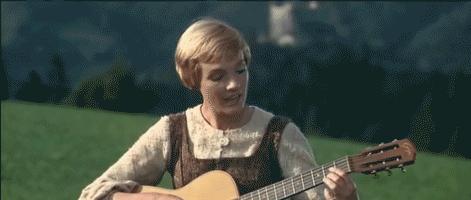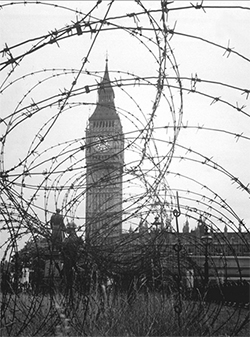“Farted On” is a song about being figuratively farted on. I can still hear the kids chanting. You, got,
On the playground, there is a kind of song that plays out from handball wall to suicide court, along the broken glass blacktops to the grass fields of discarded condoms, in the lonely outfields of dirty baseball diamonds and the lawn-chair sidelines of the omnipresent PTA, and somewhere down the road of the track-meet of the Fun Day of life, you’re going to get pfffff-farted on, spoken in your face with onomatopoeia. Or in this case: a progressive rock song.
Composers and componists aren’t always as high-brow as the modern day live classical show scene would have you believe, with its stuffed shirts and wedgied slacks, ringtone faux pas, and general bourgey attitude. Mozart wrote a song called “Leck mich im Arsch”, and he meant it. During Lisztomania, bras and panties were draped from the orchestra pit; it was like a brothel with better music, and I ain’t talking about no Phoenix concert. The Beatles made a whole album of novelty joke songs called The White Album. All of Prince’s (Ƭ̵̬̊) best songs contain the word “pussy” in the title. And Frank Zappa celebrates his scatology in more than sixty albums of music.
In the grand tradition, the oldest recorded joke from Ancient Sumeria is nothing more than a farted on joke.
Something which has never occurred since time immemorial; a young woman did not fart in her husband’s lap.
Los Doggies’ “Farted On” reconnects with this ancient sensibility—the proverbial farted on. There are also “specifics”, as we say in the biz. In the fashion of program music, the song follows a group of kids of nondescript race in the midst of their after-school activities, which includes a game of Freeze Tag, choosing who is “It” and as fate would have it, who is to be “farted on.” The entire class seems to join in the mocking, former friends and even Lunch aides, all chant along with a na-na and a poo-poo. I can still hear them now—voices reproduced with the highest fidelity possible, higher fi than Neil Young, higher than the fi in the sky.
Oh Idaho, how they did count in Mississipis without any breaths in between, just like a Math Rock band would do, as if Bill and Ted were there with us, making gestures in the air while Steve Vai shreds in the bushes. When our children’s children ask us what it was like in the past, and how hard did we play, and what color were our knees—just play them this song, sit back rockingly and smile, mumbling “It was like this; it was metal.”


 The Google Play logo looks suspiciously like the Sigil of Lucifer when turned on its side. That’s because it is the Sigil of Lucifer—the Sigil of Google, that colorful megacorporation with a household name like baby’s babble, logo like baby’s blocks, and the ironic corporate motto “Don’t be evil.”
The Google Play logo looks suspiciously like the Sigil of Lucifer when turned on its side. That’s because it is the Sigil of Lucifer—the Sigil of Google, that colorful megacorporation with a household name like baby’s babble, logo like baby’s blocks, and the ironic corporate motto “Don’t be evil.”

 The clock tower bell song that peals from the belfry 12 times a day is called “Westminster Quarters” and was composed by William Crotch in 1793. It was first heard on Big Ben—the great bell in London—but now every clock tower wants to be like Big Ben, because he the Best Ben.
The clock tower bell song that peals from the belfry 12 times a day is called “Westminster Quarters” and was composed by William Crotch in 1793. It was first heard on Big Ben—the great bell in London—but now every clock tower wants to be like Big Ben, because he the Best Ben. 


